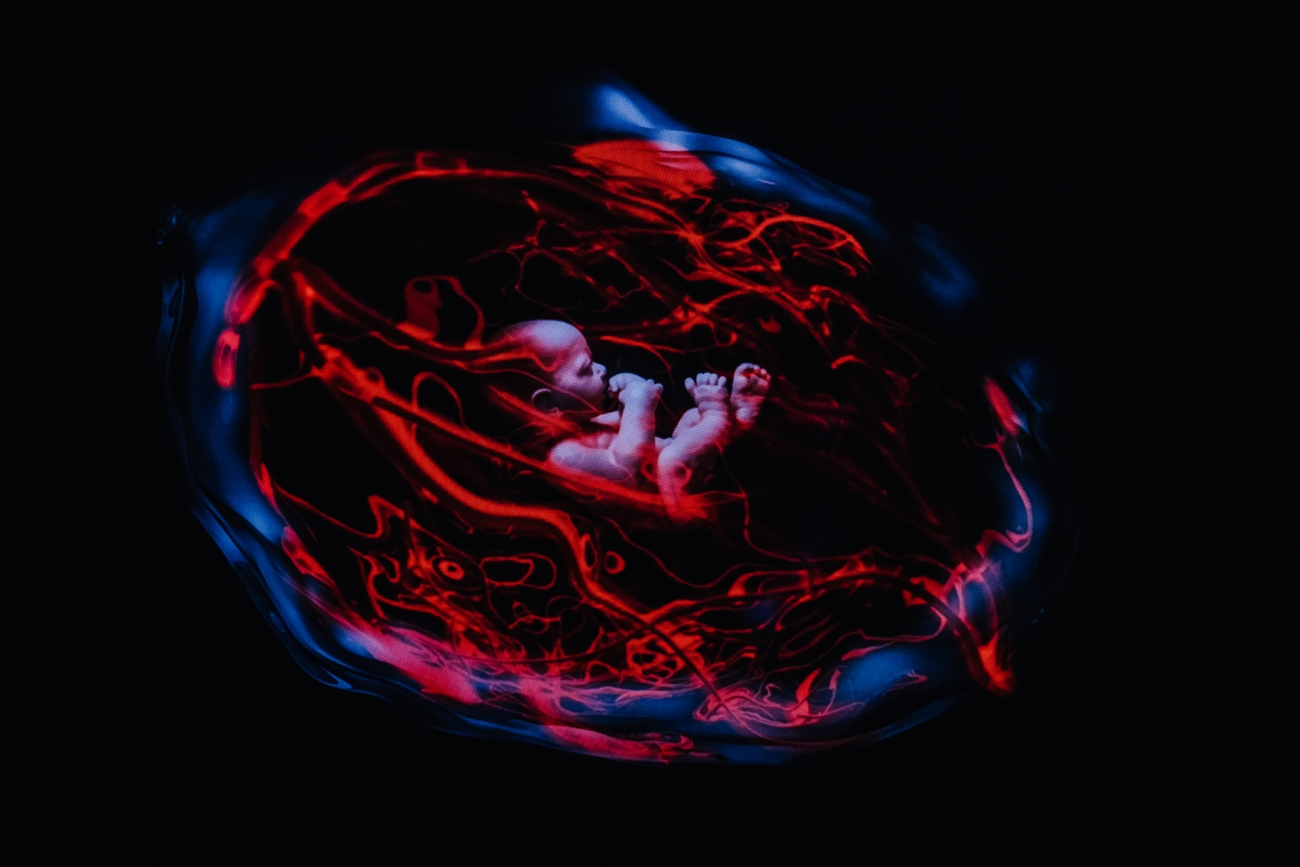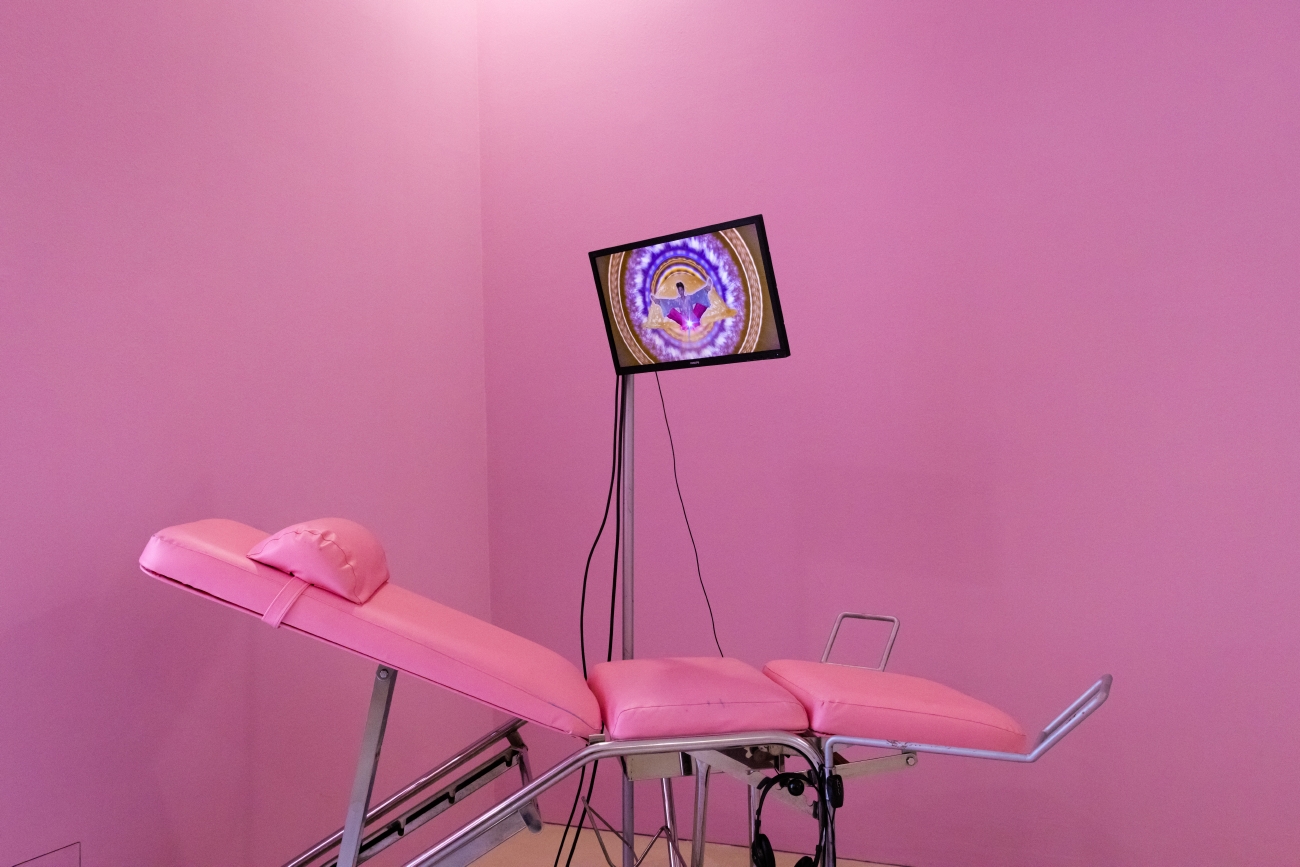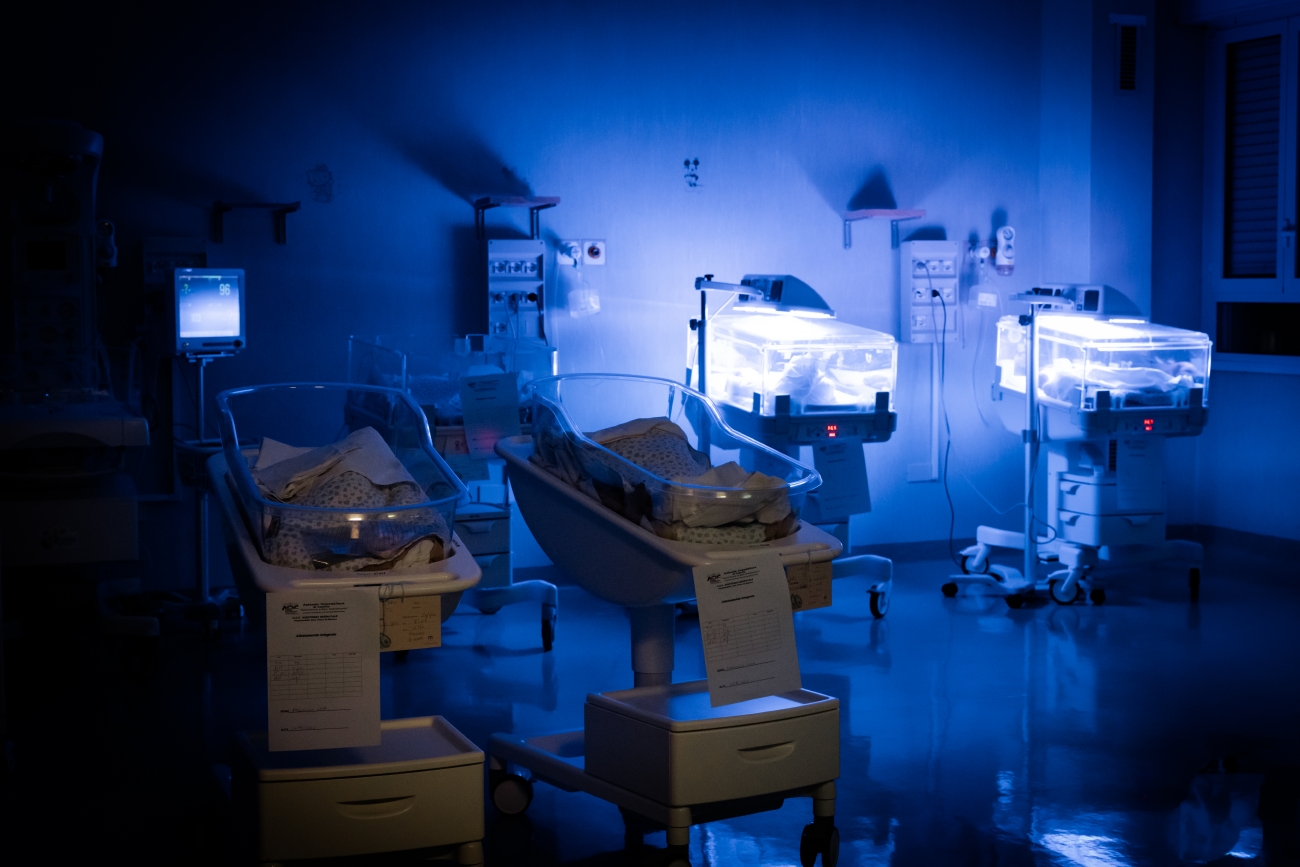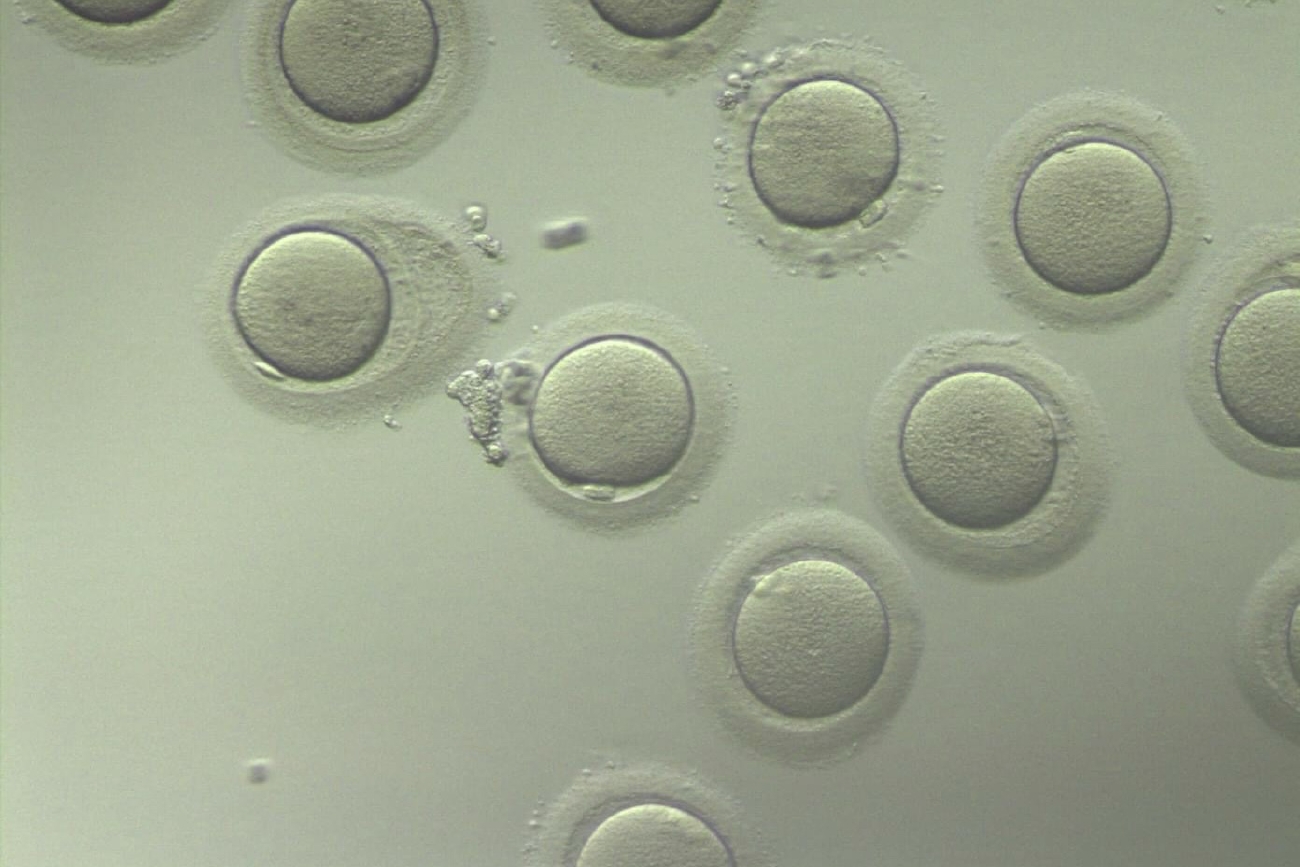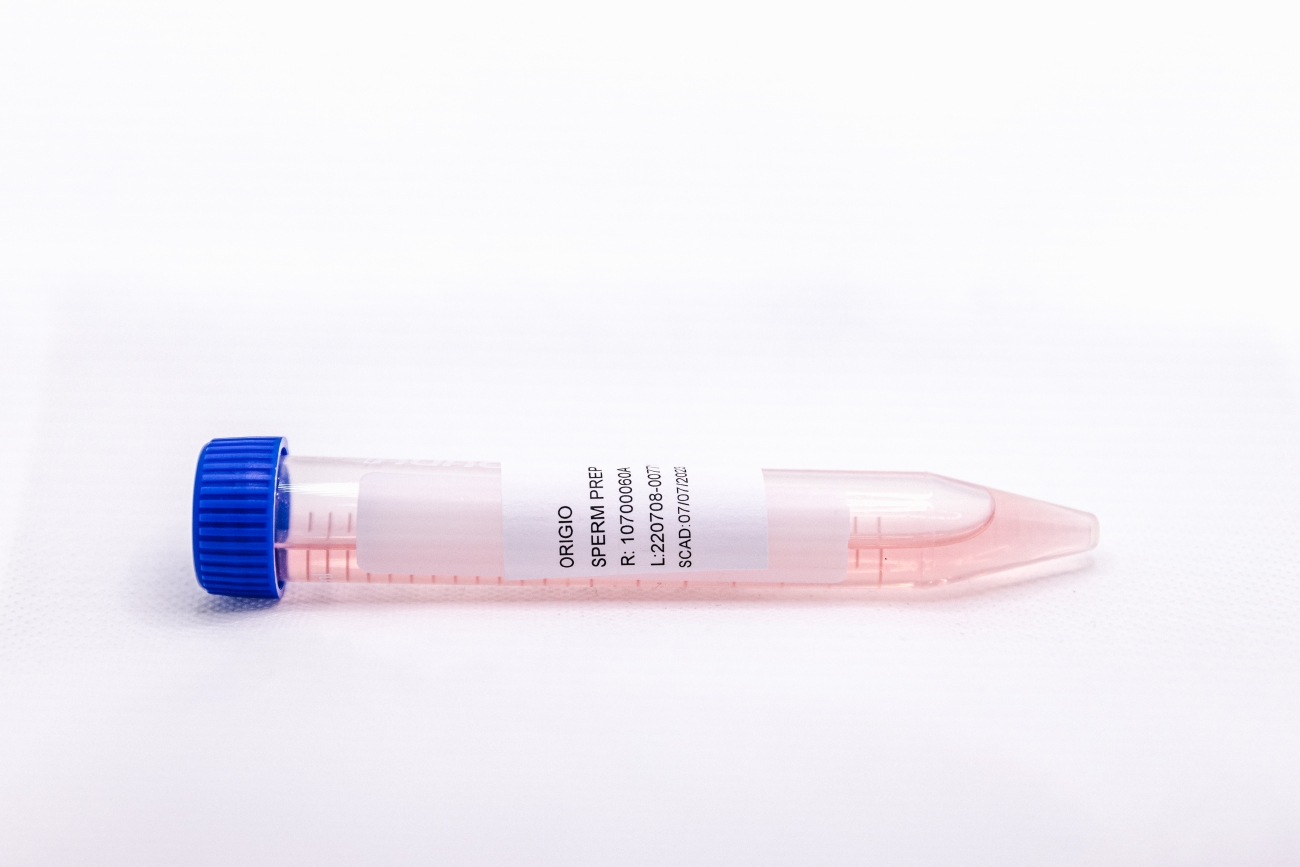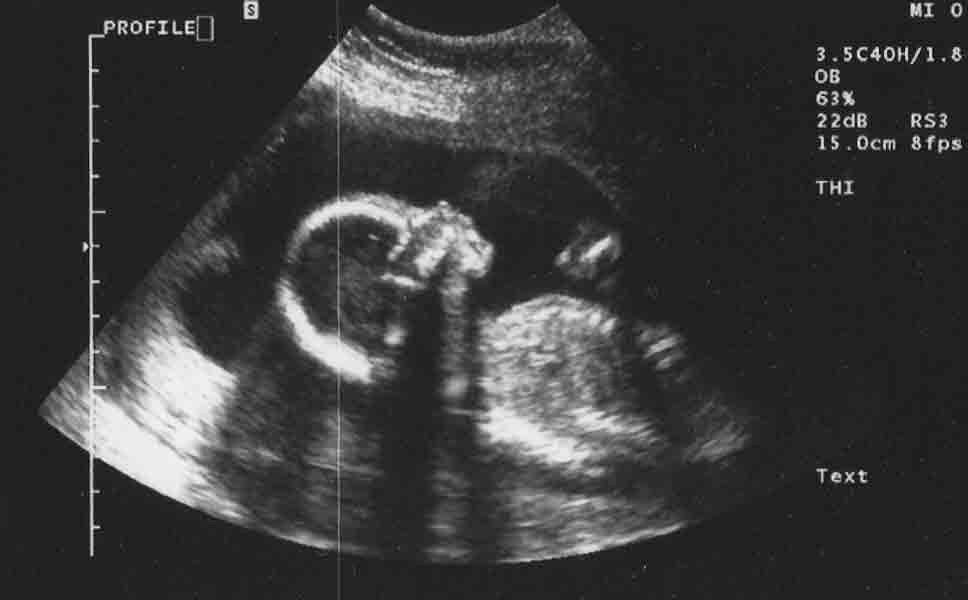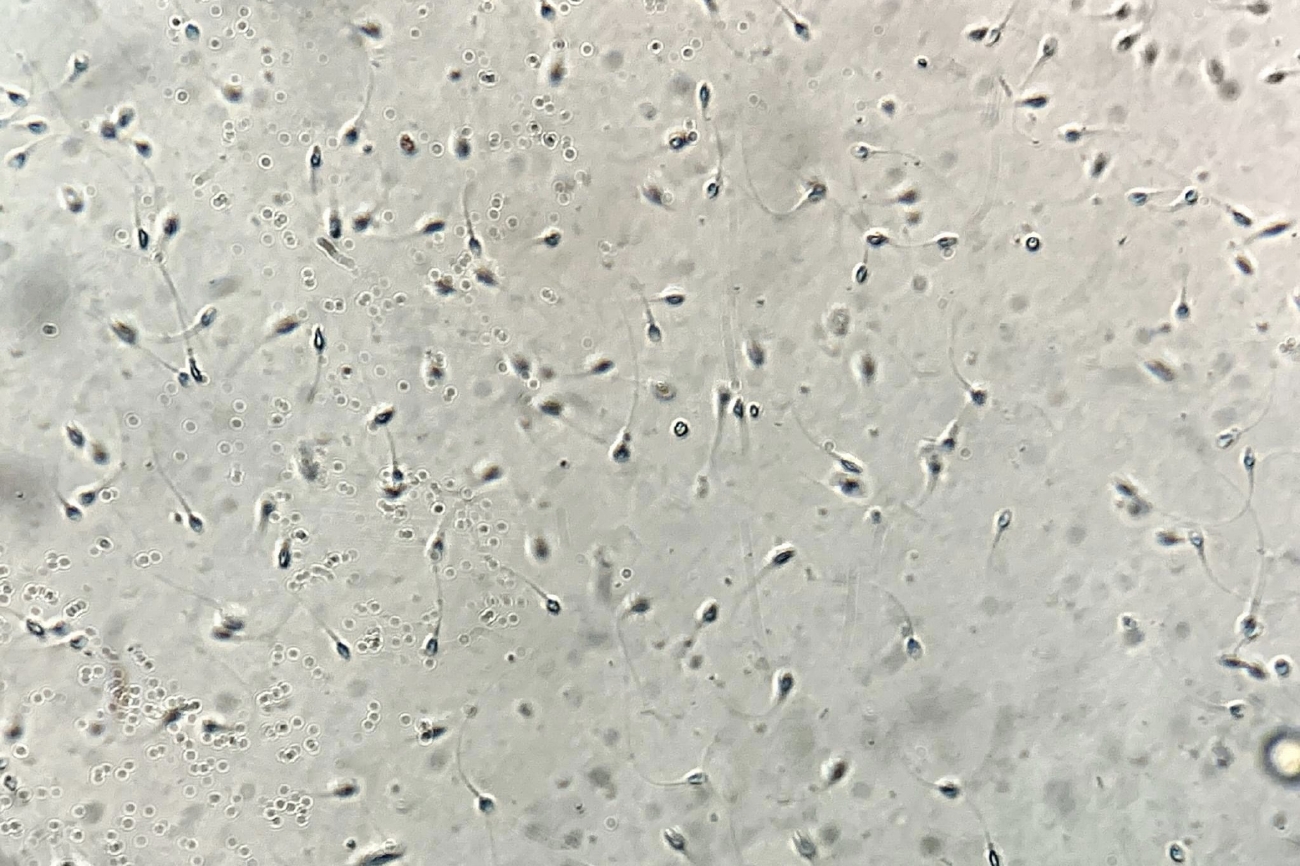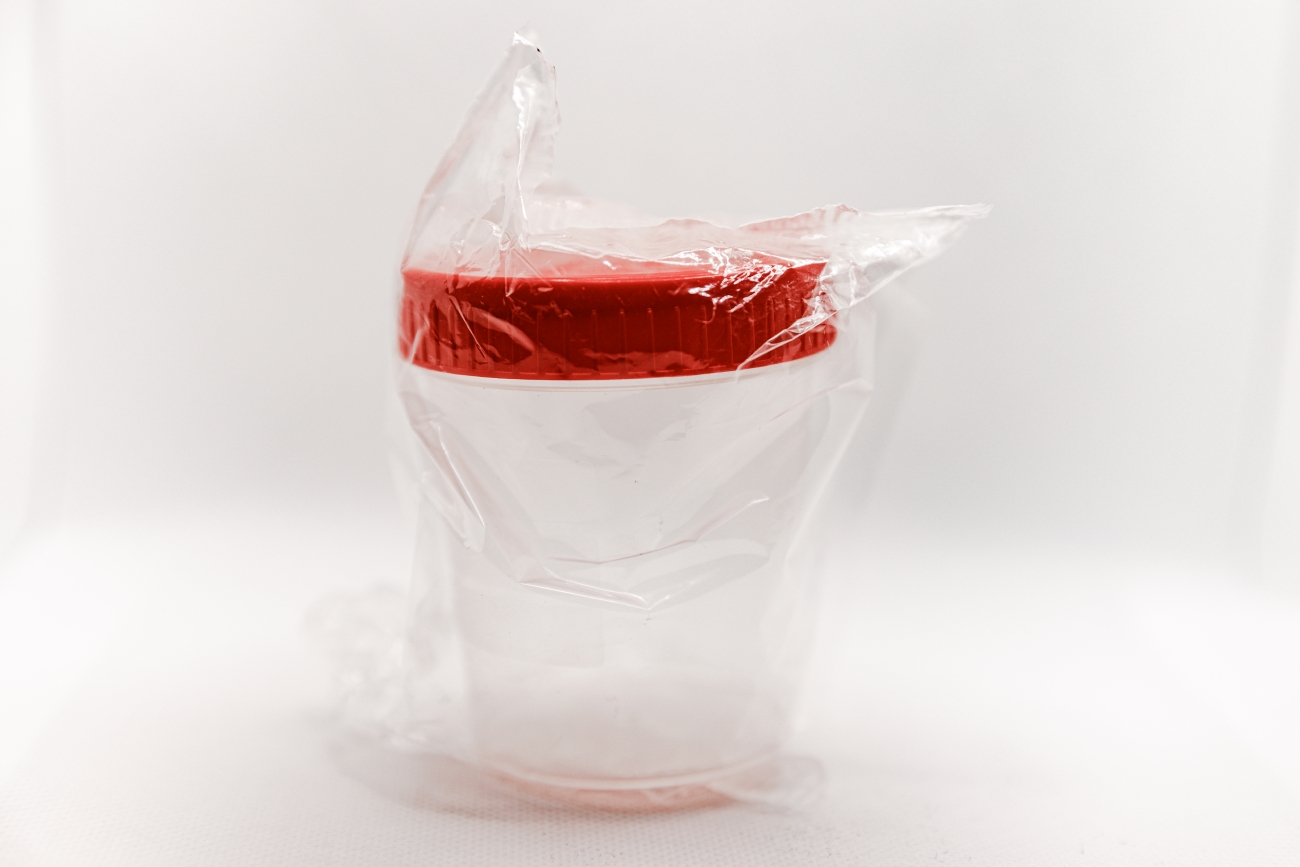Inconceivable
How environmental pollution affects the survival of the human species
Photo by Marika Tombolillo
Over the past two decades, infertility has increased exponentially; according to the latest WHO report, this phenomenon affects one in six people worldwide. “Inconceivable” is a long-term photography project that invites us to reflect on how environmental pollution affects the survival of the human species: it’s a different way of looking at the problem of low birth rates, which mainly affect countries like Italy, where deaths exceed births.
In recent years, many studies have identified seminal fluid as a health risk indicator related to the environmental context in which people live and work. In Western countries from 1940 to 2011, the number of spermatozoa decreased dramatically from 113 million to 47 million per milliliter.
In addition, the journal Human Reproduction Update revealed for the first time a global decline in fertility among men. A team of scientists led by Hagai Levine, a professor at the Hebrew University of Jerusalem, collected data from around the world between 1973 and 2018 and observed a generalized decline in sperm concentration.
The data – which also included information collected in Africa, Asia and South America – confirmed a 61.3% reduction in the total number of sperm per ejaculation, with the decline accelerating over the past 20 years.
The phenomenon of a decline in sperm count, and the reduction of overall quality in general with alterations of up to 35% of DNA, is even more evident and therefore more worrying in geographic areas with high environmental pollution. This is shown by data on healthy young men with similar lifestyles collected as part of the “EcoFoodFertility” human semen biomonitoring project. Several other studies indicate that damage from environmental contaminants is passed down to offspring from generation to generation, with further possible reductions in semen quality – putting the entire human species at serious risk.
(2023)
